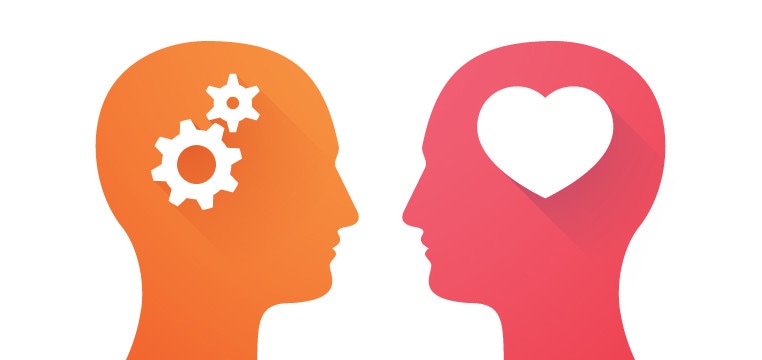More and more, companies are appreciating the value and necessity of EQ when it comes to running a productive and effective business. The fact of the matter is that when workers have a high level of EQ, productivity is heightened, teams gel together more efficiently and company leadership is more effective.
That being said, EQ can be tough to teach, propagate and promote. So, here are 4 tips for HR professionals to encourage emotional intelligence in business:
1. Use Your Head in the Hiring Process
According to one study entitled, The Emotional Intelligence of HR, only 30% of companies look for emotional intelligence during the hiring process. Clearly, this needs to change. Looking out for prospective employees who are able to express their feelings accurately and coherently, and are both compassionate and understanding, will ultimately mean they contribute more to your business.
Of course, intuitively spotting candidates with high emotional intelligence isn’t the only way to ensure businesses find employees with great EQ. Companies can always test EQ through performance testing or surveys– however, be warned, results are not always totally accurate and may not correlate to the real working environment.
2. Train Staff and HR Professionals in Emotional intelligence
When it comes to businesses offering training in EQ, there are two main areas which need to be focused on. Firstly, as they are central to hiring, businesses must make sure that their HR Professionals are well versed in EQ. Of course, spotting emotional intelligence in the hiring process requires a high level of emotional intelligence in itself. While HR professionals should have experience in putting people first and therefore have a high EQ, this is not always the case. Businesses should ensure all of their HR staff are on the same page when it comes to emotional intelligence and what to look for in prospective employees.
Secondly, workshops, conferences and training days can be effective ways to train current employees in EQ and highlight the importance of emotional intelligence when it comes to controlling emotions in the work place and understanding the needs of the customer. Crucially, employee training in EQ should be offered to all levels of a company, including senior management, and training could even be considered in the orientation process for new employees.
3. Understand that EQ is integral to Company Culture, and Vice-Versa
Company culture and EQ are inextricably linked. Having employees with a high level of EQ is more likely to generate a strong company culture that promotes fairness, compassion and openness. Equally, a business with EQ training in place and consisting of employees who have a high level of EQ will generate a company culture that is more perceptive, understanding and welcoming. Therefore, if harnessing a strong company culture is a central role of HR, so too is encouraging emotional intelligence amongst employees at all levels. As I have said before, people are at the heart of HR – after all, it’s called ‘Human’ Resources for a reason.
4. Realise that EQ is About More than Just ‘Soft Skills’
Compassion, empathy, and understanding: these ‘skills’ may seem a little abstract and intangible. However, the reality is that these traits are absolutely essential for dealing with some of the most sensitive areas of business. When it comes to day-to-day HR tasks from managing redundancies, taking disciplinary action or tackling workplace discrimination for example, a high level of EQ is indispensable.
Emotional intelligence isn’t just about interpersonal skills and having a good connection with workers – it’s also involves making tough, sensitive decisions in the correct manner. In a nutshell, soft skills are often required to manage hard issues.
So, a good worker is intellectually smart, but a great worker has the brains and the emotional intelligence to go with it. As one HR professional put it, sometimes knowing when to ask a question is more important than what you’re asking. Of course, not everything in business revolves around emotional intelligence, however at a time when teamwork, listening and understanding consumer needs is more important than ever, it is vital not to underestimate the value of emotional intelligence.
For more helpful HR tips and advice, CLICK HERE to sign up to our newsletter


 RSS Feed
RSS Feed